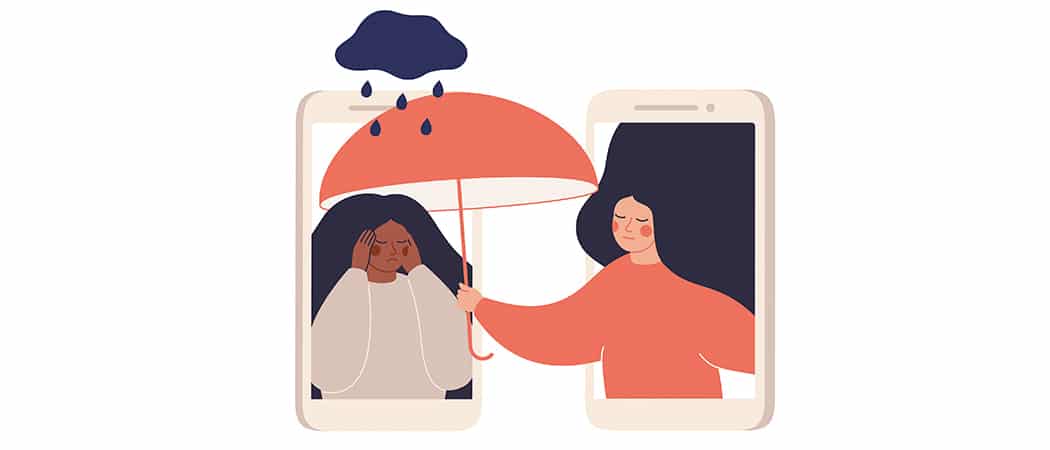Since the start of the pandemic, some things have changed significantly, but we’re starting to be able to recover our old habits and lifestyles, and we’re finally seeing some encouraging signs of progress. Although things may seem normal on the surface, everything is starting to change.
In the last two years, due to COVID-19, the health of people around the world has been compromised at all levels. In the earliest days of the pandemic, our greatest concern was curbing the number of deaths, seriously ill patients and hospitalizations. As medicine to help manage this disease has advanced, both through prevention with vaccines, and at the clinical level with treatments for the infected, we’ve become less concerned with our physical health, as we’re now realizing the impact that many aspects of the crisis have had on our mental health.
During this time, our well-being has been under enormous pressure, as we’ve been subjected to all kinds of stressors, from changes in our habits and lifestyles to fatigue, loss, and uncertainty.
After an intense two years, we may feel both psychologically and emotionally fatigued. This is normal and a consequence of the strain that we’ve been under.
Psychological fatigue can sometimes precede anxiety and mood disorders, but with the right tools, these disorders can be avoided and/or managed or eliminated.
Once again, as organizations, we must commit to prevention and early detection as the most efficient tools to address these situations.
Detecting the first symptoms in a timely manner is key and will allow us to assess whether people have sufficient coping tools or whether they will need early psychological support. Taking action as early as possible will ensure, in most cases, a shorter and more successful intervention.
We all have the right to feel sad, frustrated, or even angry about the situation. These feelings are valid and necessary at times of crisis. But when these feelings make everyday life a struggle, it’s time to stop and find out what’s wrong, because just as we require medical care when our bodies are in pain, we may need psychological assistance when we’re hurting on the inside.
We need to learn to take care of ourselves from the inside out and feel as free to visit professionals in this field—psychiatrists and psychologists—as we do to make appointments with our family doctor. They can certainly help us to develop the right techniques and tools to handle our concerns.
Now more than ever, prevention as a basic tool to improve health is the best way to offset the effects of the pandemic and other international events that may cause emotional distress. In today’s world, addressing mental health is a wise decision.
As companies, we can do many things to support people in this area; for example:
• Conduct ongoing evaluations to provide employees with tools and training resources and prevent the psycho-social risks associated with the current situation.
• Look after aspects of our team’s personal and psychological health through accompaniment plans and psychological support.

We need to learn to take care of ourselves from the inside out and feel as free to visit professionals in this field—psychiatrists and psychologists— as we do to make appointments with our family doctor. They can certainly help us to develop the right techniques and tools to manage our concerns.
it’s fundamental work on psychosocial prevention as a business sustainability factor
Companies have had to react to changes in the environment before—this is not new. What is relatively new is the speed at which these changes are taking place. That’s why it’s fundamental to work on psychosocial prevention as a business sustainability factor.
Most people spend a large amount of their time in the workplace. A number of studies demonstrate that mental health is not only a starting point to improve people’s quality of life, but also the basis for turning businesses into competitive, profitable, and healthy organizations. For this reason, at MAPFRE we work to promote emotional health and well-being in the workplace (SDG 3), which is one of the five areas of action of our Healthy Company Model.
IMPROVE YOUR MENTAL HEALTH: TAKE CARE OF YOURSELF FROM THE INSIDE OUT

Establish healthy habits: eat well and get enough rest and exercise.
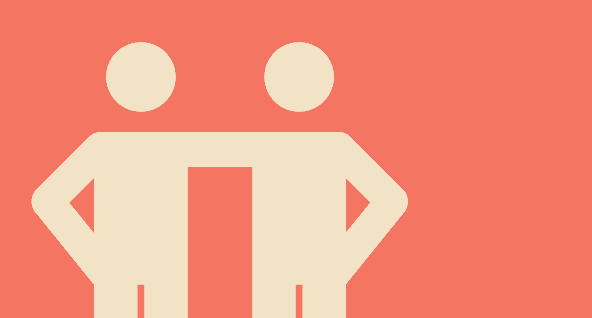
Nurture and strengthen your personal relationships, as these lead to satisfaction and well-being.
Focus on your own goals and values without comparing yourself to others. Try not to be discouraged by minor failures- take them as learning opportunities. Look ahead instead of behind, and never give up.

Cultivate gratitude for what you have and what you receive from others or from life in general. Focus on appreciating the little things that provide a sense of well-being.
Learn to accept the things that happen in life. Work on the areas you can control, and try not to waste energy on things that don’t depend on you.
Live in the present instead of dwelling on the past or being attached to a future that might not turn out the way you imagine.
Manage your time: distinguish between urgent and important tasks; complete your hardest or least desirable tasks first and set aside enough time to do them. Find enjoyable things to do in your free time and give yourself enough time to rest.
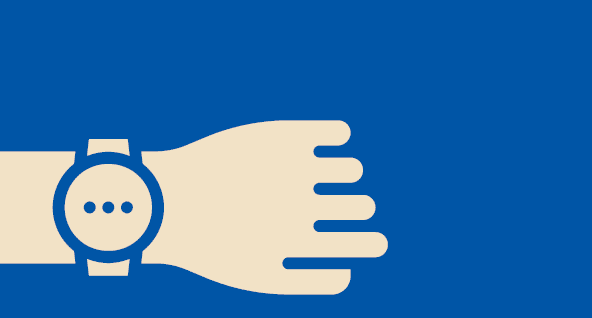
Slow down: when we do everything in a rush, we make more mistakes, overlook important details, and leave things half-done. Haste makes waste!
Schedule breaks throughout the day: they don’t need to be long breaks and they don’t need to interrupt your pace too much. Take two minutes to look away from your computer screen, take a deep breath, look around …
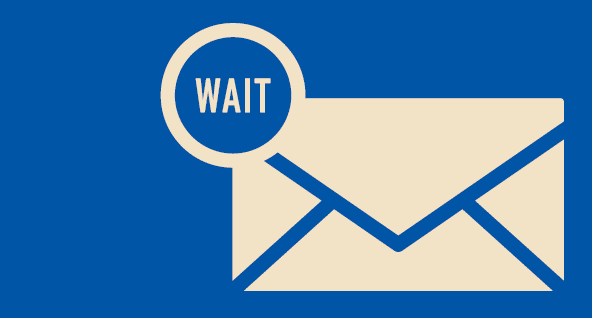
Limit your technology and social media use: Being available doesn’t mean you have to respond immediately!
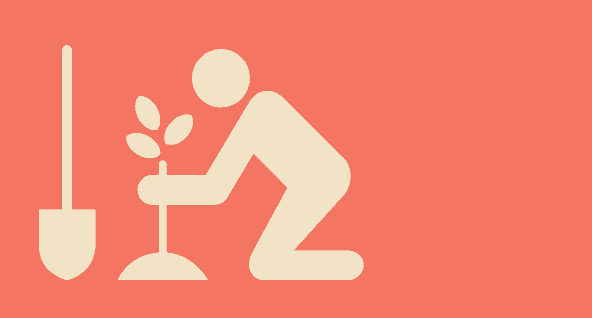
Use techniques that help you to relax: it could be meditation, yoga, mindfulness, etc. It’s time for you to take care of yourself and give your mind a break.
Leave your work at the office: you need to disconnect, clear your mind, recharge your batteries, and start the next day with renewed energy.

